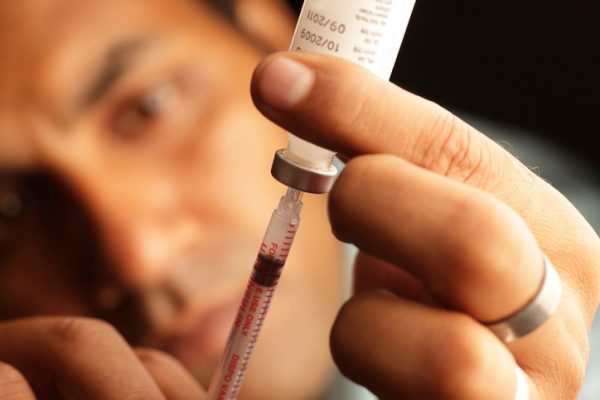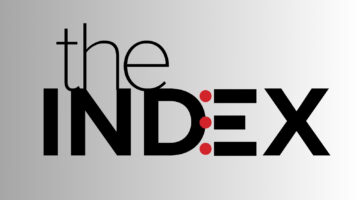
Senate Finance Committee leaders have threatened to subpoena Cigna if it doesn’t turn over information on how it negotiates insulin costs. The request is part of a larger investigation on rising insulin prices, launched last year by Senators Chuck Grassley (R-Iowa) and Ron Wyden (D-Oregon).
Prices for the lifesaving drug have spiked dramatically in the past decade, despite the fact that it was discovered nearly a century ago. Insulin prices doubled between 2012 and 2016, from $2,864 per person to $5,705, according to a report by the nonprofit Health Care Cost Institute. The rising cost of the drug has taken some patients to extreme measures, including skipping doses or rationing their supply of it.
Grassley and Wyden said they first sent a letter requesting information from Express Scripts on April 2 last year. In a letter addressed to Express Scripts President Timothy Wentworth, they said they would give the company until March 10 to respond. At that point, the committee would issue a subpoena.
“Cigna has failed to even attempt to answer many of the questions that we posed…” they wrote, highlighting questions on Express Scripts’ formulary placement and rebate negotiation processes. “Families are struggling to keep up with rising costs, and they do not understand why they continue paying more money for a therapy that has remained largely unchanged for decades. Americans are demanding answers from PBMs and pharmaceutical companies, and we expect your company to begin providing them promptly.”
In an emailed statement, a Cigna spokesperson wrote, “We take the Committee’s inquiry very seriously and have been engaged with them on this request. We are committed to being cooperative.”
Express Scripts is one of the largest PBMs by market share. Cigna closed its $67 billion acquisition of the company in late 2018.

Consultants: Help Define What’s Next In Healthcare Benefits
Just complete our survey and you’ll receive a $20 Amazon gift card!
Last year, one day after Grassley and Wyden submitted their request for information to Express Scripts, the company announced it would cap insulin prices. The PBM said it had partnered with insulin manufacturers to cap insulin copays at $25 per month. The cap applies to the insulins that are listed on a plan’s formulary, which can vary, but all three major insulin manufacturers are participating.
Others have launched similar initiatives to keep insulin prices under control. Insurance startup Oscar Health recently announced it would decrease the cost of insulin from $350 per month to $3 per month by switching from Levemir to Novolin N. Both drugs are manufactured by Novo Nordisk.
State legislators have also started their own efforts. Colorado first passed legislation capping insulin costs at $100 per month, followed shortly with similar legislation in Illinois.
Photo credit: eromaze, getty Images








